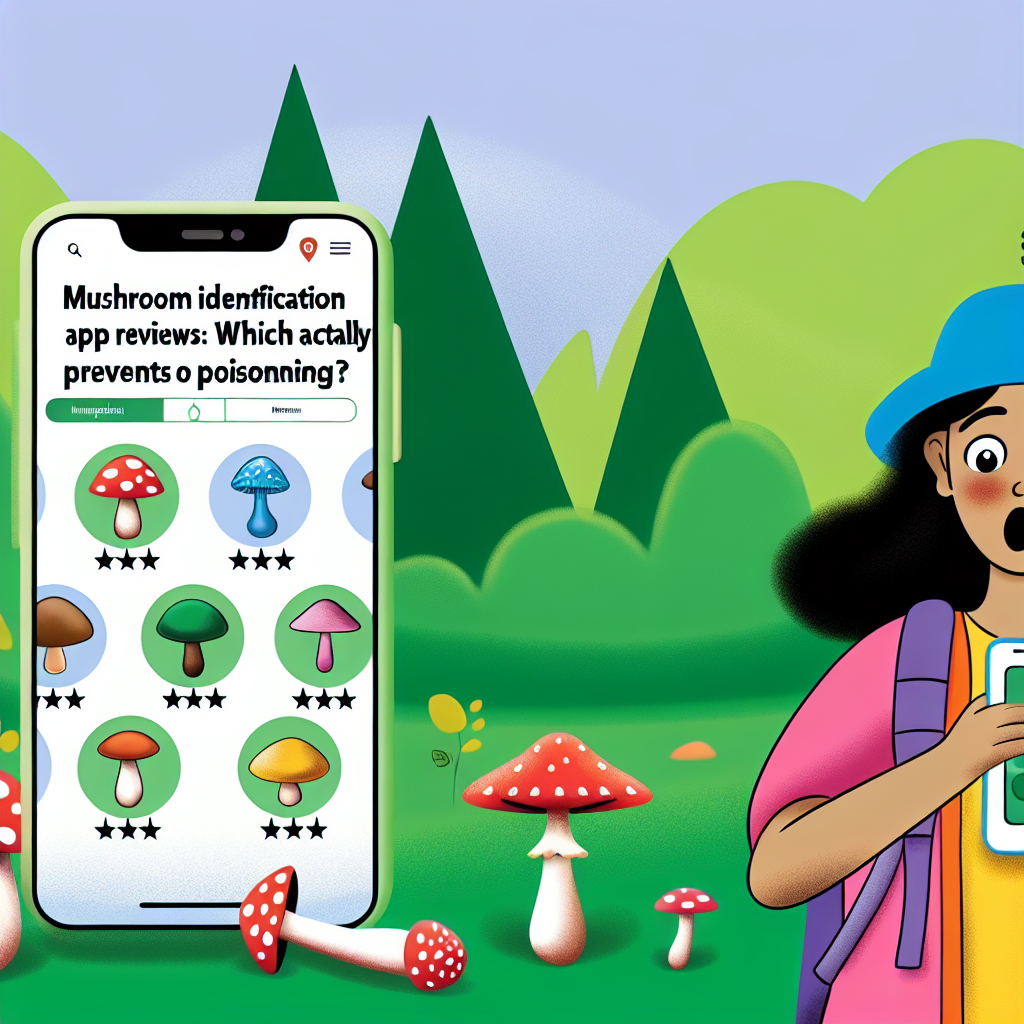Understanding Cognitive Health Challenges in Aging
The process of aging presents unique challenges, particularly when it comes to maintaining cognitive health. Cognitive decline, ranging from mild forgetfulness to severe conditions like Alzheimer’s disease, affects millions of seniors and their families worldwide. Traditional medical approaches focus on managing symptoms rather than addressing underlying causes. However, emerging research into cannabis-based therapies offers new hope for preserving and enhancing brain function in older adults.
Cannabis and the Endocannabinoid System
Cannabis, once relegated to the fringes of medical science, is now a subject of rigorous research. Its interaction with the endocannabinoid system (ECS)—a key regulatory network for memory, learning, and mood—positions it as a potential tool for cognitive support. Compounds like cannabidiol (CBD) and tetrahydrocannabinol (THC) exhibit anti-inflammatory, antioxidative, and neuroprotective properties that could mitigate age-related cognitive decline.
Growing Acceptance Among Senior Population
Seniors are increasingly open to exploring cannabis as a medical treatment. According to recent surveys, older adults represent one of the fastest-growing demographics of cannabis users, drawn by its potential to alleviate pain, improve sleep, and stabilize mood—all factors that contribute to better cognitive health. This article explores the science behind cannabis’s impact on the aging brain, its potential benefits, and evidence-based treatment approaches tailored to seniors.
Recent Research Findings on Cannabis and Cognitive Health
Scientific advancements have shed light on how cannabis can influence cognitive function in aging populations. Key findings include:
Understanding Neuroprotection Through ECS
The ECS plays a pivotal role in maintaining cognitive health by regulating synaptic activity and reducing neural inflammation. A 2023 study in Nature Aging demonstrated that low doses of THC improved memory and learning in aged mice by enhancing synaptic plasticity. This suggests that cannabinoids may restore cognitive flexibility in aging brains.
Brain Inflammation Research Results
Chronic inflammation accelerates cognitive decline by damaging neurons and disrupting communication pathways. Research published in the Journal of Alzheimer’s Disease (2022) found that CBD reduced pro-inflammatory cytokines in brain cell cultures, highlighting its potential as an anti-inflammatory agent for conditions like dementia.
Oxidative Stress Management
Oxidative stress is another key driver of neurodegeneration. Antioxidants in cannabis, particularly CBD, help neutralize free radicals and protect brain cells. A 2021 review in Molecular Psychiatry confirmed CBD’s role in reducing oxidative damage, supporting its use as a preventative measure for cognitive disorders.
Sleep and Emotional Well-Being Impact
Sleep disturbances and mood disorders exacerbate cognitive decline in seniors. A 2023 review in Sleep Medicine Reviews found that cannabis improved sleep quality and reduced anxiety in older adults. Better sleep facilitates memory consolidation and cognitive resilience.
Senior Treatment Approaches
The successful integration of cannabis into cognitive health strategies for seniors requires careful consideration of individual needs, potential risks, and medical guidance. Recommended approaches include:
Assessment Requirements
Before initiating cannabis therapy, seniors should undergo detailed evaluations to determine baseline cognitive function, identify comorbid conditions, and assess potential drug interactions. Collaboration with neurologists and geriatricians ensures a tailored treatment plan.
Personalized Treatment Guidelines
Seniors are more susceptible to THC’s psychoactive effects, necessitating a “low-and-slow” approach to dosing. Starting with CBD-rich formulations and gradually introducing low doses of THC allows for therapeutic effects without unwanted side effects. Delivery methods like tinctures, capsules, or patches provide consistent and controlled administration.
Treatment Monitoring Protocols
Regular follow-ups are crucial to assess treatment efficacy, adjust dosages, and monitor for adverse effects. Clinicians should track improvements in cognitive function, mood, and sleep quality while remaining vigilant for any signs of dependency or negative interactions.
Comprehensive Care Approach
Combining cannabis therapy with non-pharmacological interventions, such as cognitive training exercises and dietary adjustments, enhances overall outcomes. Seniors benefit from a holistic approach that addresses multiple aspects of cognitive health.
Extended Benefits of Cannabis for Senior Health
Cannabis’s benefits extend beyond direct cognitive effects, addressing secondary factors that influence brain health:
Impact on Pain and Mood Management
Chronic Pain Relief: Pain management reduces stress and enhances sleep, indirectly supporting cognitive clarity.
Mood Stabilization: By alleviating symptoms of depression and anxiety, cannabis improves focus and emotional well-being.
Neurodegenerative Disease Management: In conditions like Parkinson’s and Alzheimer’s, cannabis may slow disease progression by protecting neurons and reducing inflammation.
Research Conclusions
A groundbreaking 2023 study in The Gerontologist showed that seniors using CBD for chronic pain experienced significant improvements in executive function and attention. This underscores the interconnectedness of physical and mental health in aging populations.
Final Thoughts and Future Directions
The intersection of cannabis and cognitive health represents a promising frontier in geriatric medicine. Emerging research highlights its potential to reduce inflammation, combat oxidative stress, and promote neuroplasticity, all of which are critical for preserving cognitive function in seniors. Studies from Nature Aging (2023), Journal of Alzheimer’s Disease (2022), and Molecular Psychiatry (2021) provide compelling evidence for its role in neuroprotection and cognitive enhancement.
However, the field is still in its infancy, and large-scale clinical trials are needed to establish standardized guidelines. Seniors considering cannabis therapy should consult healthcare providers experienced in cannabinoid medicine to ensure safe and effective use. With proper integration into personalized care plans, cannabis offers a promising pathway for seniors to maintain cognitive vitality and enhance their overall quality of life.



